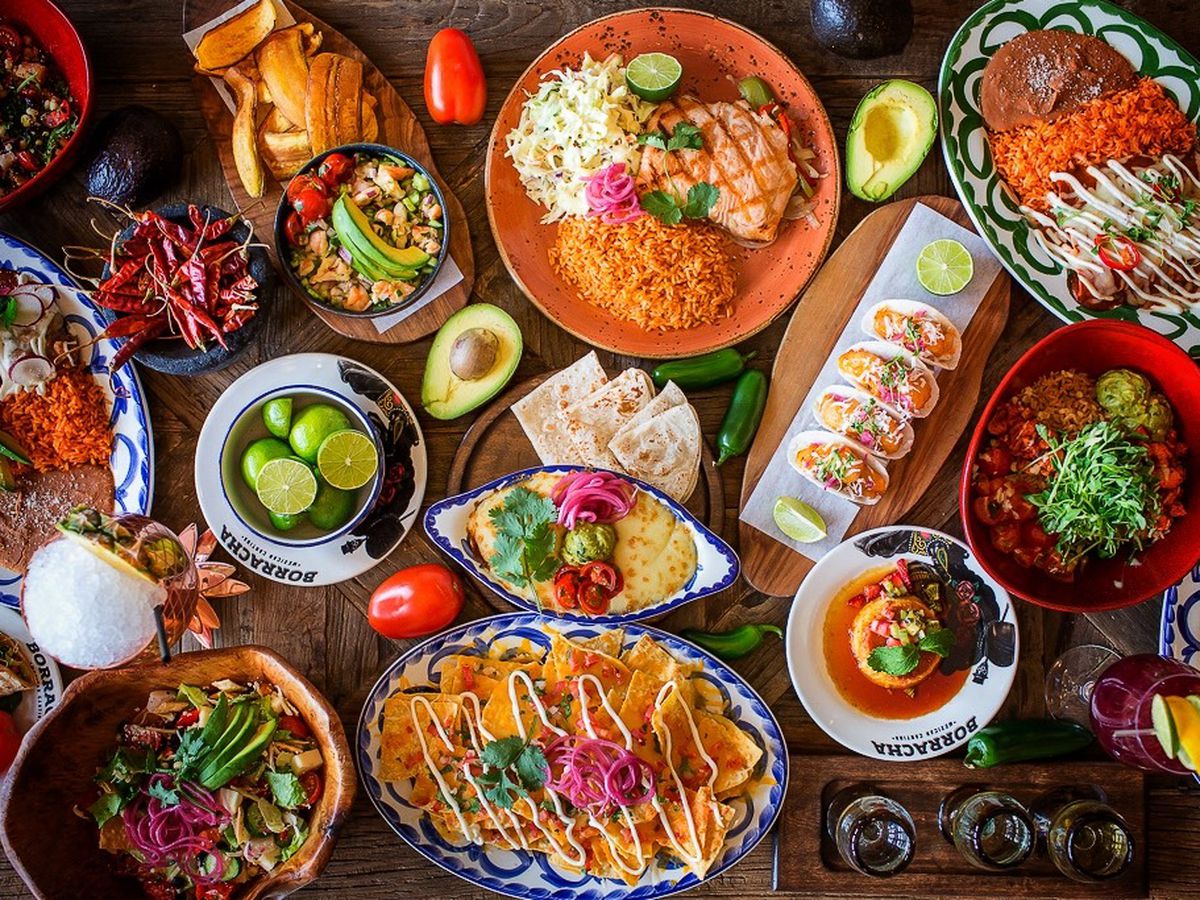Classical Music 101: What Makes It Classical?

Classical Music 101
In this series of articles, we will go deep into Classical Music by looking at its history, effects on our bodies and minds, and influences on other forms of art. This first article starts with what makes classical music classical. During this journey, I will offer you great pieces of Classical musical geniuses, from past to present. Hope you like them! Here’s the first suggestion: You can enjoy reading the article while listening to this electrifying piece. https://www.youtube.com/watch?v=HMjQygwPI1c.

What Makes Classical Music Classical?
Do you think Mozart, Haydn or Beethoven were calling their compositions “Classical” in their time periods? So, what makes Classical music, classical? You may be surprised, but they actually didn’t know they were writing classical music pieces, because this term wasn’t in use at the time. The term “Classical” popped up in 1829 to refer to Western Music’s golden era, roughly between 1750 and 1820. It was the greatest time for the artists such as Bach, Schubert, and Mozart. But what is Classical music to you? How do you understand that the piece you are listening to is a classical one?

Deep Cleanse With Classical Music
If you already started to listen to the piece I’ve shared with you, you will probably understand one of the aspects of how classical music differs from the other genres: its symmetry and order. After the extravaganza of Baroque era between 1600-1750, thanks to classical music, everything felt in the perfect place. As a result, deep cleanse with classical music came true. However, it’s important to mention that the drama still existed in classical music, with sudden accents and repeated fortes. But even then, the clarity of the texture didn’t disappear throughout. Here’s the second touching piece to enjoy: https://www.youtube.com/watch?v=4Tr0otuiQuU
Glorious Time of Piano
Now that we have a clearer understanding of Classical music, we can talk about the instruments of it. In this period, piano with its soft and subtle sound, gradually replaced the twangy sound of Baroque era’s harpsichord. It was a glorious time of piano. Also, the orchestra expanded with woodwind instruments such as flutes, horns, clarinets, oboe, and etc. These instruments advanced and became more sophisticated; therefore, turning out to be the best instruments for Classical music. Besides, strings (violin, cello, etc.) and percussion (drum, timpani, etc.) stayed in their places with no great change.

The Classical Roots of Modern Music
It would be wrong to say that one music genre does not effect other genres that come after it. Instead, all forms of art influence and flow in and out of each other. This means that classical music also influenced the other genres that followed it, just as it was effected by the genres before it. Amongst these impacts, the most significant is on modern music. For example, the 3-mins pop songs’ actual inventor is Schubert because he wanted to create short melodic songs that could bring joy to everyone. So did modern music apply this intelligent idea into their pieces. Besides, the classical roots of modern music can be seen particularly with artists such as Adele, Coldplay, OneRepublic, and U2. Then again, many modern artists play classical music instruments such as piano and violin and that is another great example of the impression of classical music on modern music.

Let’s end this first 101 article with a classical version of a modern music that everybody knows and loves: https://www.youtube.com/watch?v=dSIAwIe2rrQ. See you in the other 101 topics of classical music!
References
https://en.wikipedia.org/wiki/Classical_music
https://en.wikipedia.org/wiki/List_of_period_instruments#Classical_(1750–1820)
https://www.classicfm.com/discover-music/periods-genres/classical/classical-music-beginners-guide/
https://www.minuteschool.com/2017/08/the-importance-of-classical-music-in-a-modern-world/
https://www.theguardian.com/music/2013/jan/24/what-pop-music-owes-classical-masters








